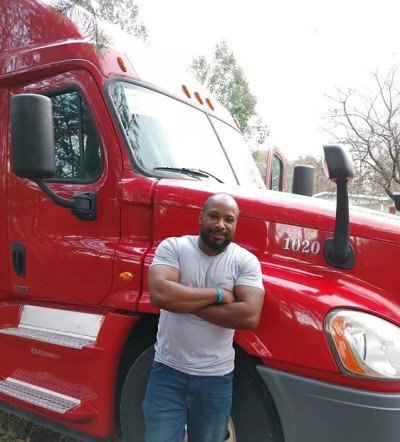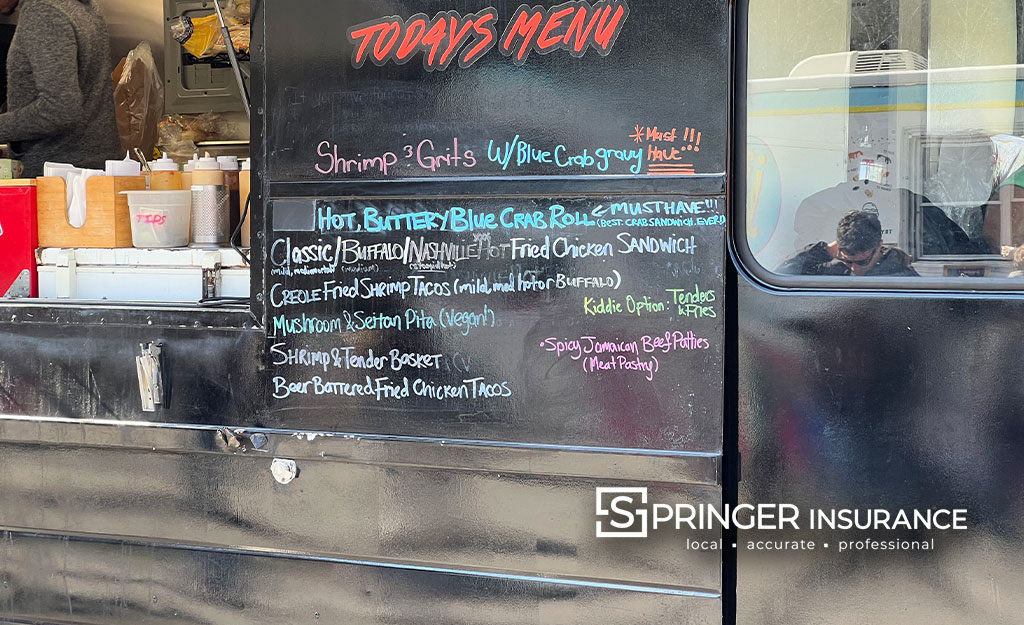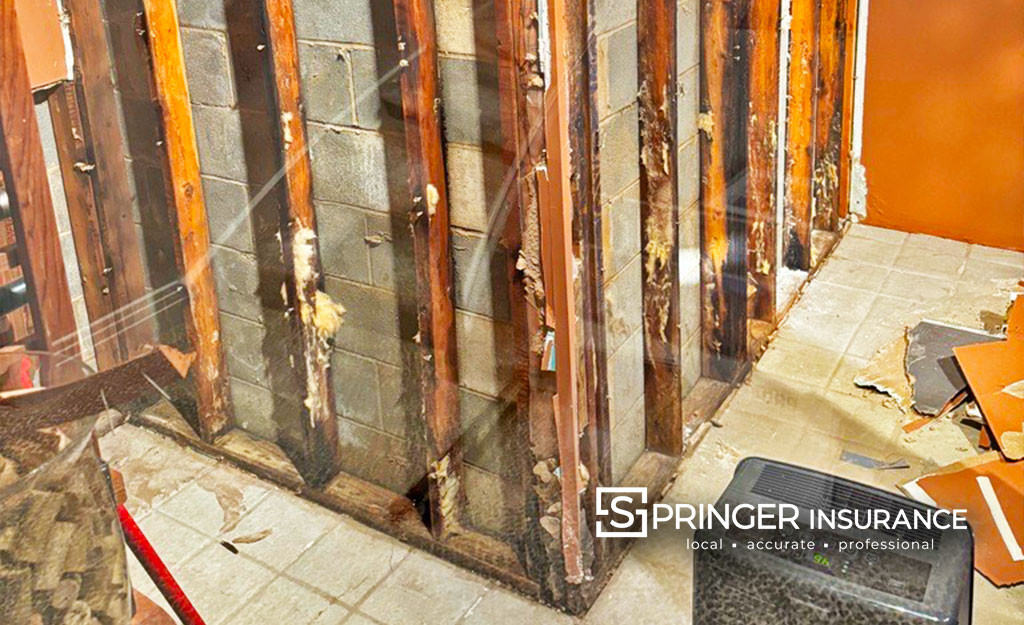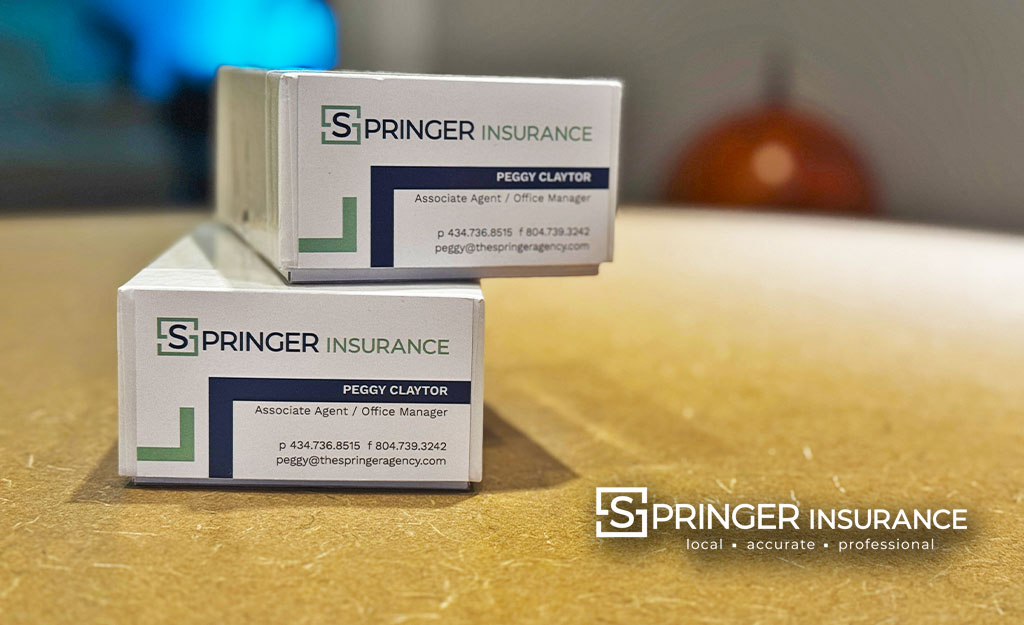
Commercial trucking insurance is just part of business for carriers and truckers who are independent owner operators. Since it is such a major expense and can really tear at the bottom line of the profitability of a business, it’s important to understand just what coverage you have in your present policy and what coverage you truly NEED.
Just one single accident can amount to absolutely, monumental costs, so a well-designed insurance policy suited to the individual needs of the carrier or the trucker, is a must!
If you don’t understand your commercial trucking insurance policy wording, there’s a good possibility, you could end up with more endorsements than you need, AND you get to pay for that excess coverage!
In the alternative, be sure you’re not under insured, either. Being informed and knowledgeable will help ensure you get the policy suited to your unique situation.
Commercial Trucking Insurance – The Basics
Understanding the lingo and the basics of commercial truck insurance, will help considerably when planning and organizing coverage with your insurance broker.
Commercial trucking insurance policies basically cover damage and loss in several situations: damage to the semi truck, trailer, load/cargo, other vehicles, other semis, trailers and cargo and property damage.
- • Liability: covers any damage to other parties involved in an incident. Example: a trucker backing up to a loading dock, smashes the lift on the loading dock…. the shipper would be paid for repairs under the trucker’s policy.
- • Cargo insurance: covers the costs involved to damaged or stolen goods hauled in a trailer. Example: If a trucker had a load of fragile electronics and took the corners hard when driver and destroyed the goods on board, the damage would be covered. Also, if cargo is stolen, cargo insurance would be effective.
- • Physical damage coverage: Damage to equipment from various causes, will be covered if physical coverage is purchased. Example: Equipment body damage from an accident, weather, another vehicle or person causing damage to the equipment
- • Bob tail insurance: Highly recommended for all commercial trucks, especially owner operators, who take their big rigs home, when not on the road.
- • Reefer Insurance: Extra coverage is available for a minimal cost, to coverage damage done by reefer motor failure, but not reefer motor repairs. (Reefer unit must be properly maintained for coverage to be effective)
Learn more about independent trucking by giving us a call!



















